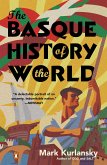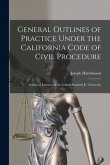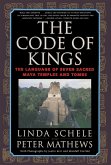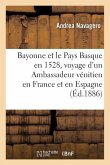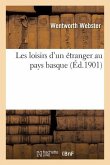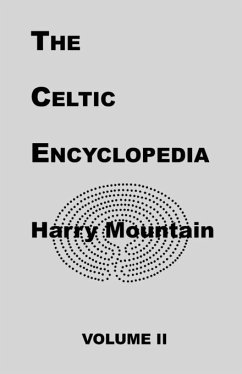The book The Celtic Code in Basque DNA by historian Ignacio Silvosa Terreros is a comprehensive work that explores the complex history and evolution of Basque identity through a detailed analysis of the historical, cultural, and linguistic factors that have shaped the Basque Country. In this work, Silvosa Terreros offers a critical and nuanced perspective that challenges conventional narratives and provides a fresh understanding of how Basque identity has been formed over the centuries. The text begins with an in-depth exploration of the origins of the Vascones, highlighting their ethnic composition and how various groups and cultures that arrived on the Iberian Peninsula played a crucial role in the formation of this identity. The arrival of the Celts on the Iberian Peninsula marks a significant turning point in history, and the book examines in detail how these Indo-European peoples influenced the region, including the territory now known as the Basque Country. The Celtic influence in the Pyrenees is another key aspect of the work, discussing the material culture of the Celts in the north of the peninsula and the connection between the Celts and the Vascones. This analysis provides a deeper understanding of how Celtic traditions integrated with local cultures, giving rise to a rich cultural heritage that continues to have an impact on the region today. The process of Romanisation and the arrival of the Romans in the Iberian Peninsula are explored in great detail, examining how Roman administration transformed the region and how the Vascones and other groups assimilated into the empire. The consolidation of Latin and the development of Old Castilian are central themes, showing how languages and cultures evolved under Roman and Visigothic influence. The book also examines the influence of the Visigoths and how their arrival impacted the region, particularly in the consolidation of Latin and the formation of Old Castilian. The linguistic evolution in the Basque Country during this period is analysed to better understand how Germanic and Roman influences intertwined in the region. One of the most critical aspects of the book is the discussion of Celtic culture versus the Basque myth. Silvosa Terreros argues that Basque nationalism has reinterpreted and appropriated elements of Celtic culture to construct an exclusive national identity, distorting the historical and cultural reality. The book offers an exhaustive analysis of how this appropriation has influenced the public perception of Basque history and regional identity. The construction of the nationalist myth in the 19th century is another central theme, with a focus on how Romanticism and the reinvention of history played a crucial role in the formation of modern Basque identity. Silvosa Terreros examines how the manipulation of historical records and the creation of a nationalist narrative have contributed to the construction of a Basque identity that often departs from historical facts. The appropriation of Celtic folklore by Basque nationalism and the creation of Euskera Batua are crucial topics in the work. Silvosa Terreros analyses how these processes have led to a simplification and uniformity in the construction of linguistic and cultural identities, excluding important Celtic elements and reflecting a tendency towards a more homogeneous and less diverse identity. The linguistic reality in the Basque Country and the terminological confusion between Euskera and Vascuence are fundamental issues that the author rigorously addresses.
Hinweis: Dieser Artikel kann nur an eine deutsche Lieferadresse ausgeliefert werden.
Hinweis: Dieser Artikel kann nur an eine deutsche Lieferadresse ausgeliefert werden.


